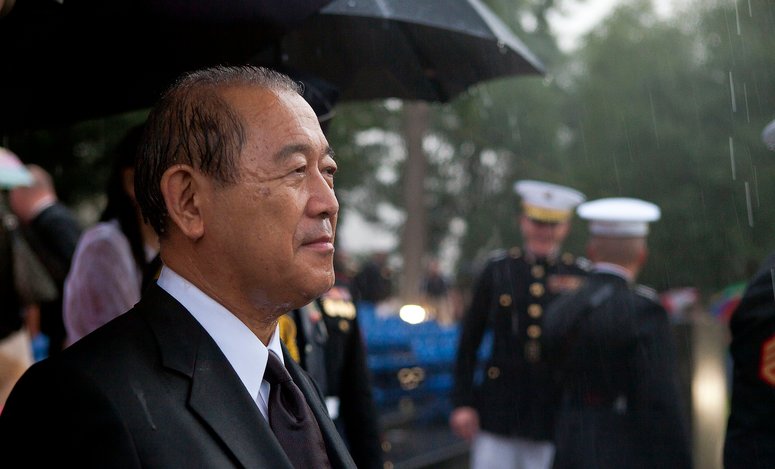Japanese Actors in Promoting Cultural Diplomacy
Japanese actors have a unique role in promoting cultural diplomacy through film. By portraying diverse characters and stories, they showcase Japanese culture on the global stage. Their performances often break stereotypes and open doors for deeper understanding between countries. Let’s explore how Japanese actors contribute to cultural diplomacy and strengthen international relations through their work in film.
1. Bridging Cultures Through Storytelling
Japanese actors bring authentic storytelling to the forefront. They introduce audiences to Japanese customs, traditions, and values through their roles. Films like “Departures” and “Shoplifters” showcase everyday Japanese life, allowing viewers worldwide to connect with the culture. By highlighting universal human experiences, these actors create a bridge between Japan and other nations. Audiences see beyond cultural differences and appreciate the shared human emotions.
2. Breaking Stereotypes and Challenging Perceptions
Japanese actors play a crucial role in breaking stereotypes. For many years, Hollywood often portrayed Asian characters in limited or negative roles. However, Japanese actors have challenged these perceptions by taking on complex and diverse roles. Performers like Rinko Kikuchi in “Babel” and Ken Watanabe in “Inception” showcase talent beyond stereotypes. They portray characters with depth, intelligence, and emotional range. This shift in representation helps to dismantle outdated views and promotes a more accurate image of Japanese people.

3. Showcasing Japanese Culture and History
Through their roles, Japanese actors bring their rich cultural heritage to the screen. Historical films like “The Last Samurai” and “13 Assassins” highlight Japan’s past, while contemporary films explore modern societal issues. These performances provide a window into Japan’s history, arts, and way of life. Viewers gain insight into everything from traditional tea ceremonies to modern urban life. This exposure fosters a deeper appreciation and respect for Japanese culture.
4. Promoting Mutual Understanding
Cultural diplomacy relies on fostering mutual understanding and respect between nations. Japanese actors contribute to this goal by participating in international film festivals and collaborations. Films like “Memoirs of a Geisha,” featuring both Japanese and Western actors, illustrate this exchange. These projects create opportunities for cross-cultural dialogue and collaboration. As audiences watch these films, they develop a more nuanced understanding of Japan and its people.
5. Inspiring Future Generations
Japanese actors inspire future generations of artists and filmmakers. Their success on the global stage encourages young talent to pursue careers in film and storytelling. Actors like Hiroyuki Sanada and Tao Okamoto have opened doors for others by proving that Japanese performers can succeed internationally. Their achievements serve as a source of pride and motivation for aspiring actors and creators in Japan and beyond.
6. Expanding Global Influence
Japanese cinema has gained significant global influence thanks to the efforts of its actors. Films like “Your Name” and “Spirited Away” have reached audiences around the world. Japanese actors contribute to this success by lending their voices and talents to these projects. Their involvement in globally recognized films helps Japan’s soft power grow, enhancing the country’s cultural influence abroad.
7. Building Emotional Connections
Films have the power to evoke strong emotions and create lasting memories. Japanese actors use this power to connect with audiences on a deeper level. Through their performances, they tell stories that resonate universally. These connections transcend language and cultural barriers, making Japanese films accessible and relatable to people worldwide. By building these emotional connections, Japanese actors promote a sense of shared humanity and cultural diplomacy.
Final Thoughts
Japanese actors play a vital role in promoting cultural diplomacy through film. By bridging cultures, breaking stereotypes, and showcasing Japanese heritage, they help to foster mutual understanding and respect. Their work not only entertains but also educates and connects audiences around the world. As Japanese cinema continues to grow, the influence of its actors in cultural diplomacy will only strengthen. They will continue to inspire, challenge perceptions, and bring the world closer together through the power of film.



